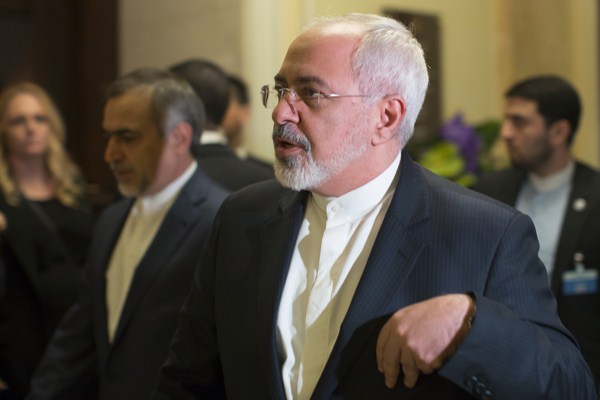As negotiators in the Iran nuclear talks strive to meet the March 31 deadline for a framework agreement, which is supposed to be followed by a more detailed implementation package by June, critical external players like Israel and the U.S. Congress have been expressing loud opposition to a deal that they perceive as too lenient on Tehran. French Foreign Minister Laurent Fabius’ expression last week of similar concerns highlights the fact that differences exist even among the six powers—the U.S., France, Britain, Germany, Russia and China—that are negotiating with Iran. In this context, the quiet if conditional support offered by Russia and China in the talks could prove critical for the success of any deal.
The main technical issues under negotiation in Geneva are: how much uranium Iran can enrich and to what level; how to prevent Iran’s Arak heavy water reactor from producing weapons-grade plutonium; whether Iran will come clean about its earlier covert nuclear weapons-related activities; which sanctions the U.N. and Western powers will relax as well as how rapidly and under what conditions; what verification and monitoring arrangements Iran will accept; how to limit Iran’s research and development in enrichment technologies; and how long any agreement will last.
In principle, the United States wants to roll back Iran’s program as much as possible, prevent Tehran from producing weapons-grade uranium or plutonium, make any sanctions relief easily reversible and Iranian concessions enduring, mandate frequent and intrusive inspections of Iran’s declared nuclear sites and enforce stringent verification requirements that can expose any undeclared clandestine nuclear activities.

